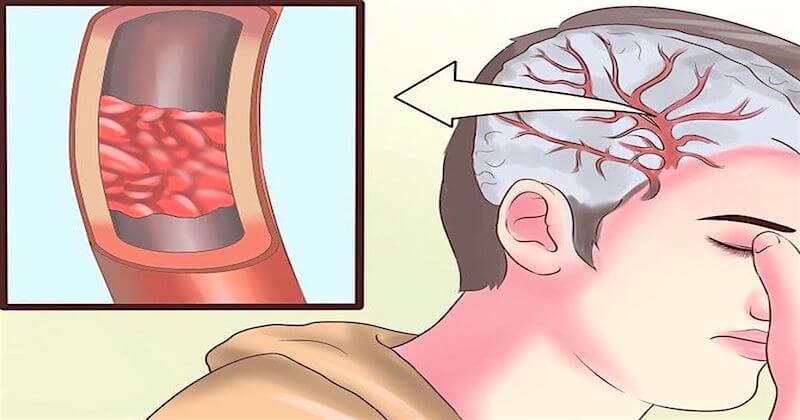Although we frequently disregard our symptoms, it is true that a single nutrient deficiency can result in a wide range of health issues.
The modern American diet has undergone significant change, which has resulted in numerous health problems and nutrient deficiencies.
The magnesium deficiency is one of the most prevalent.
Magnesium is difficult to get from dietary sources, but it is crucial for human health.
Over 300 bodily functions and chemical processes depend on this crucial element.
Because it was present in the soil for a long time, people used this nutrient in adequate quantities in the past.
This is no longer the case, mostly because of modern farming and erosion.
Getting too little magnesium can also happen if you eat unhealthy foods instead of magnesium-rich foods like seeds, nuts, dark leafy vegetables, mackerel, and beans.
The following are the most typical signs of a magnesium shortage, which you should never disregard in order to avoid further health issues:
– Dizziness
– Fatigue
– Memory loss
– Confusion
-Liver and kidney disease
-Difficulty swallowing
-Calcium deficiency
-Osteoporosis
-Constipation
-Hypoglycemia
-Anxiety
-Bowel disease
-Cystitis
-Muscle cramps
-Depression
-High blood pressure
-Hypertension
-Insomnia
Fertility/childbearing issues: Getting or staying pregnant, preterm labor, preeclampsia
-Migraines
-Asthma
-Seizures
Potassium deficiency: which is manifested by fluid retention, extreme thirst, and irritability?
-Tooth decay
-Nausea
-Blood clots
Reynaud’s syndrome, manifested by numbness in extremities, cold fingers or toes, color changes in skin due to temperature changes
-Tremors
-Type II diabetes
Personality changes: these symptoms are similar to symptoms of mood disorders like anxiety, and depression
-Heart issues
-Respiratory difficulties
You should eat more meals high in magnesium to address this problem, and you can also take some high-quality supplements.
Experts advise taking Multipro because it also contains significant amounts of biotin, zinc, vitamin B1, vitamin A, chromium, and selenium.




